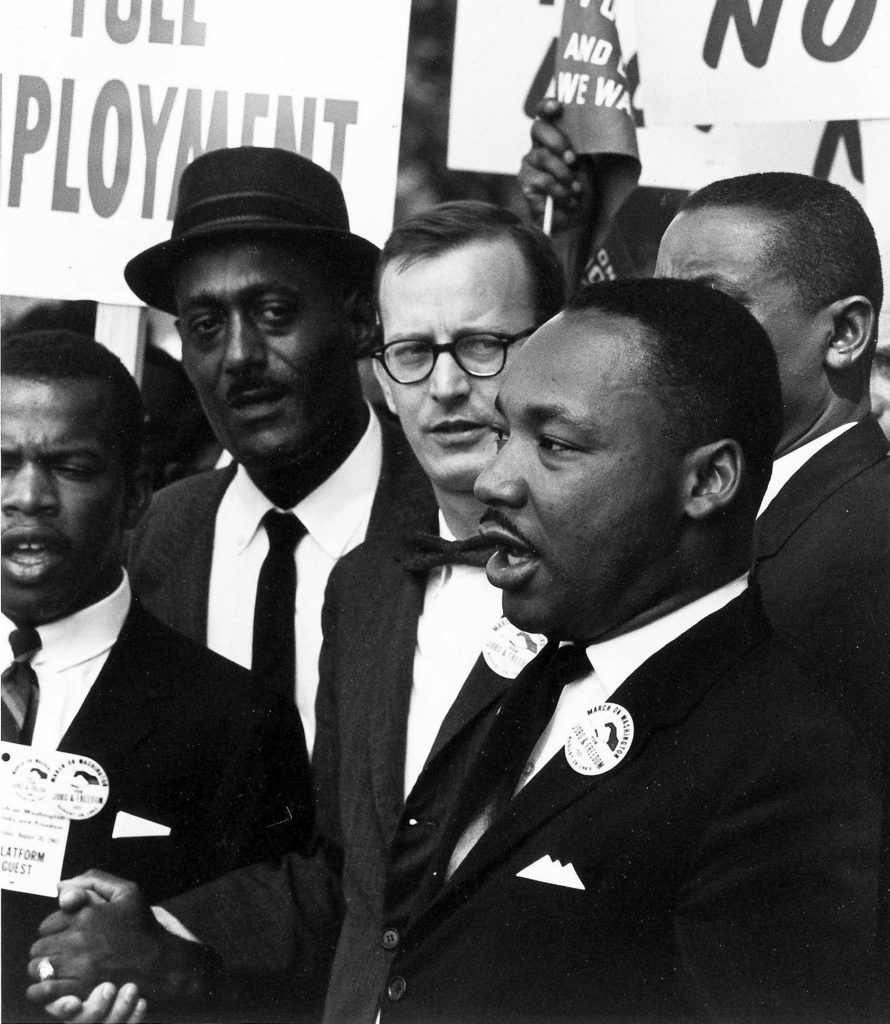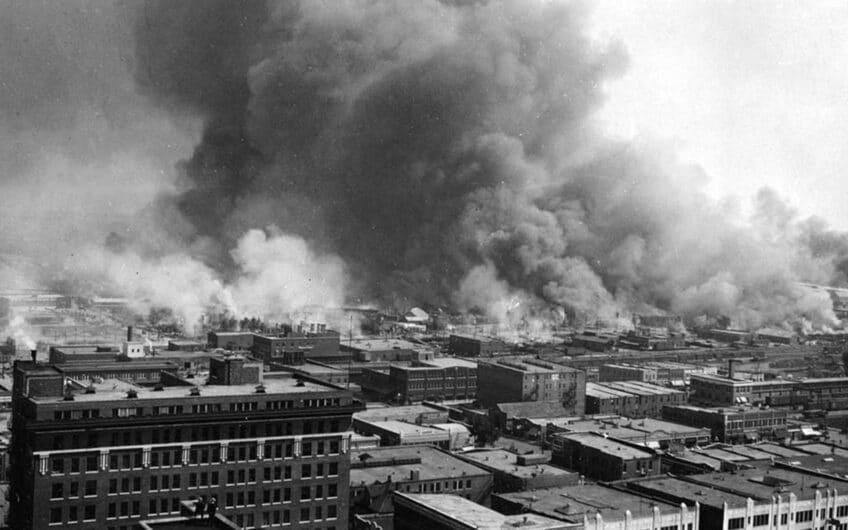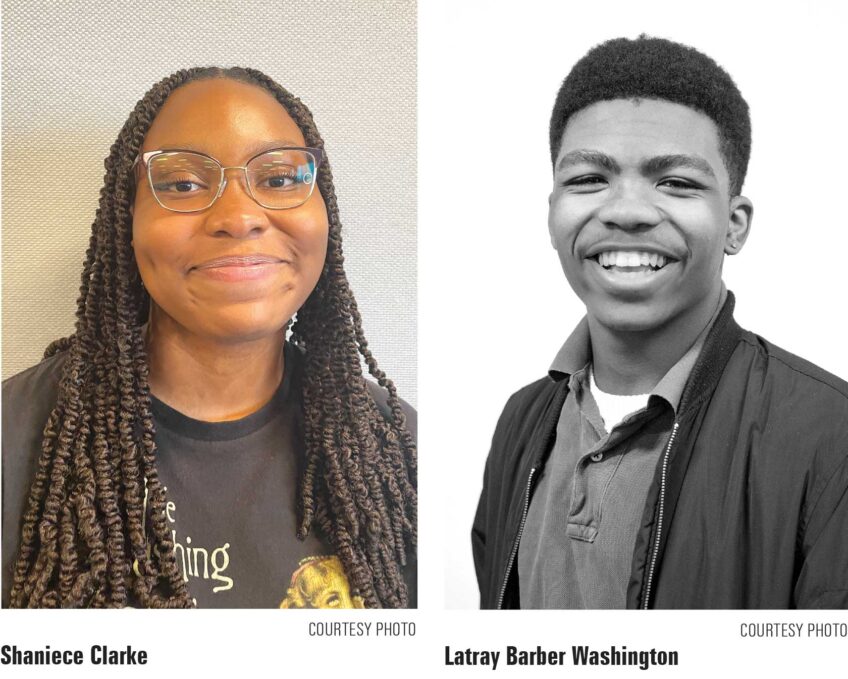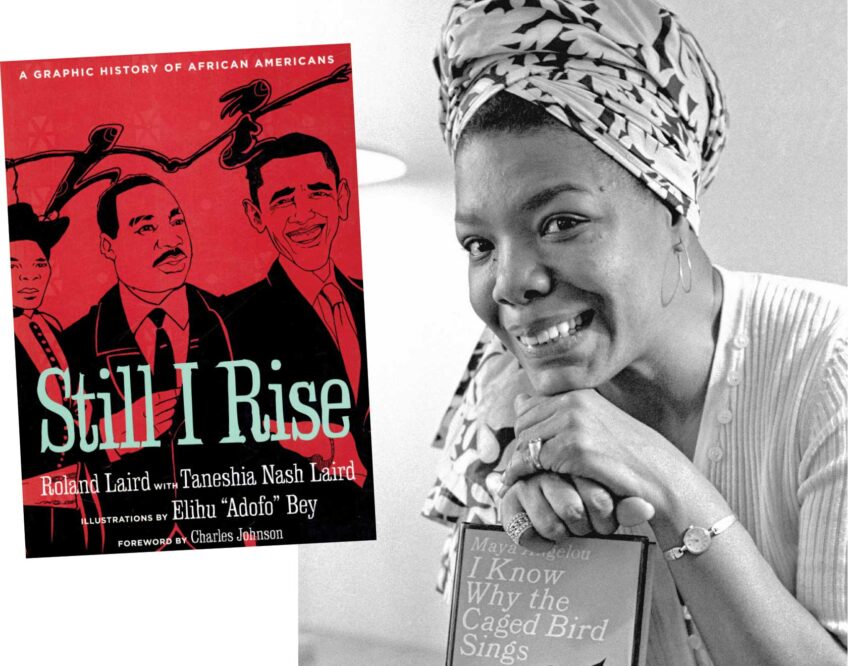
The Rev. Martin Luther King Jr. was a staunch believer that violence was not the way to resist injustice.
He and his supporters believed in transforming Christian love into powerful peaceful change through grassroots organizing and nonviolent protests such as marches and boycotts.
Agape
Agape is a term largely found in Christian belief that means a love that spontaneous, unmotivated, groundless and creative. The term is at the heart of King’s belief in a knowable God and that love and nonviolence could fix America’s racial problems, says the King Encyclopedia maintained by Stanford University’s The Martin Luther King Jr. Research and Education Institute.
“At the center of nonviolence stands the principle of love,” King said. “When we rise to love on the agape level, we love men not because we like them, not because their attitudes and ways appeal to us, but we love them because God loves them. Here we rise to the position of loving the person who does the evil deed while hating the deed that the person does.”
Nonviolence
King was introduced to nonviolence when he read Henry David Thoreau’s “Essay on Civil Disobedience” as a freshman at Morehouse College. He was fascinated, he wrote, by the “idea of refusing to cooperate with an evil system.” During his education, King refined his ideas about nonviolent protest and social reform, but he didn’t put it into practice until the Montgomery bus boycott.
To King, nonviolence had six principles, according to the Stanford University encyclopedia. First, that evil can be resisted without violence. Second, that through nonviolence, the protester seeks to win the friendship and understanding of the opponent, not humiliate him. Thirdly, that evil, not the people perpetrating the evil, be opposed. Fourth, that people committed to nonviolence must be willing to suffer without retribution and suffering can be redemptive. Fifth, that nonviolence avoids both physical violence and the “internal violence of the spirit,” meaning the protester refuses to shoot his opponent but also refuses to hate him. Lastly, the protester must believe in the future and be convinced that the universe is on the side of justice.






